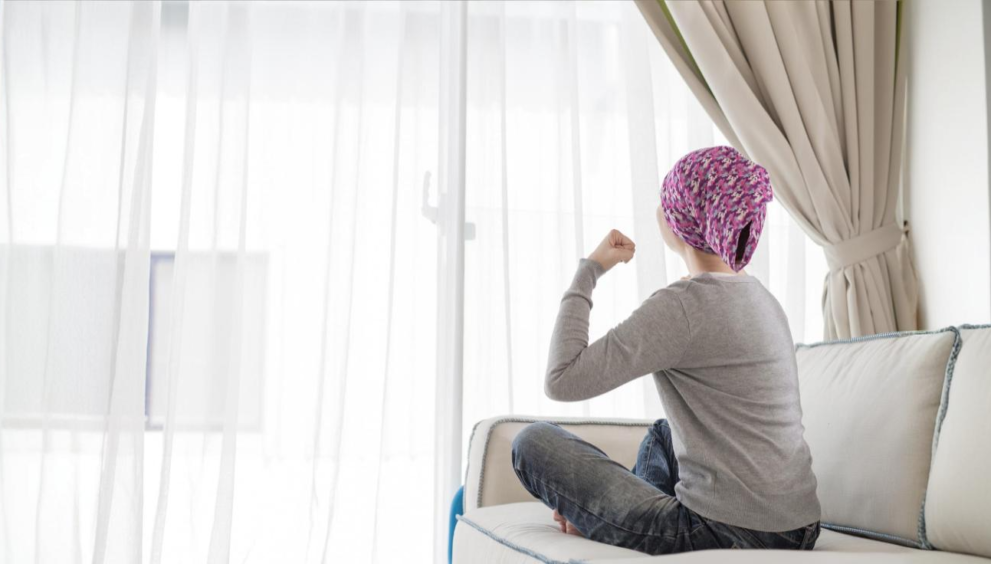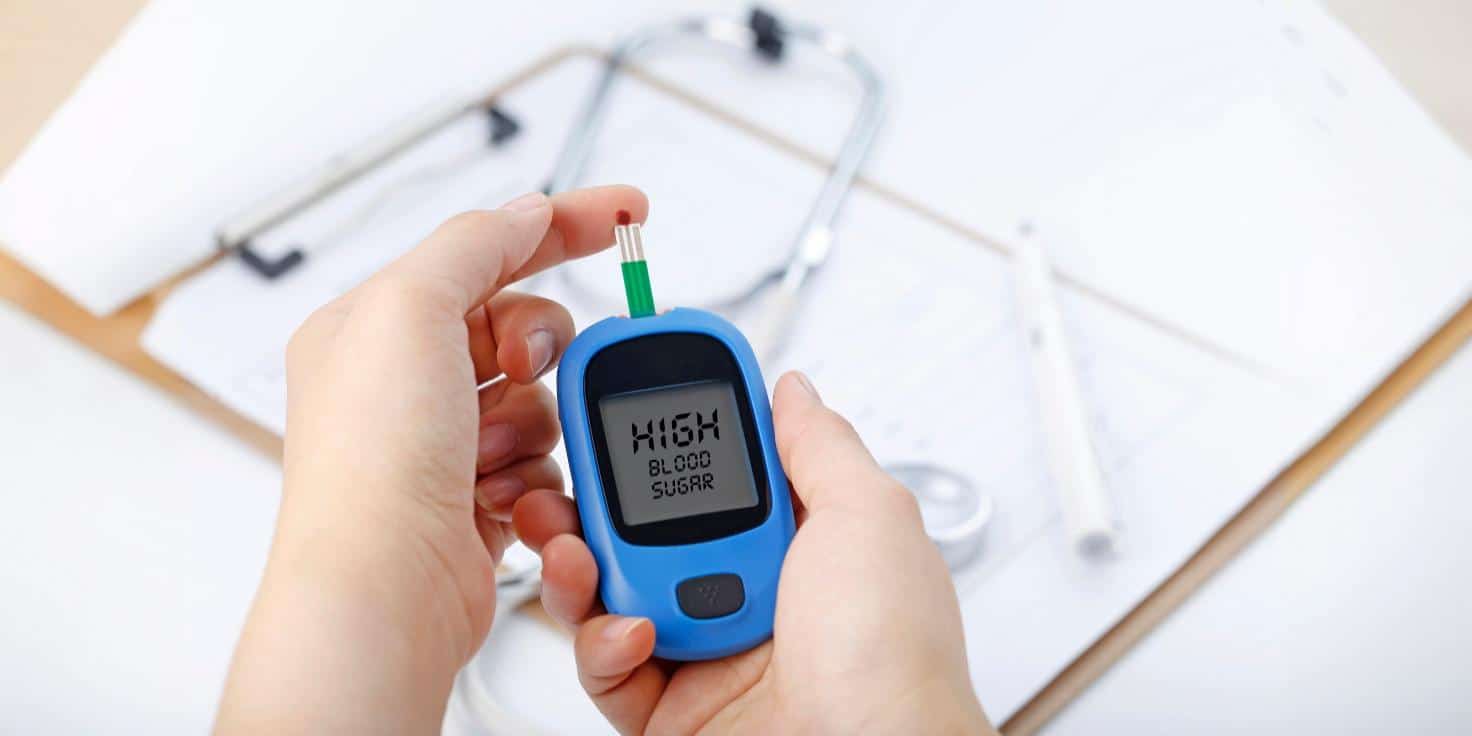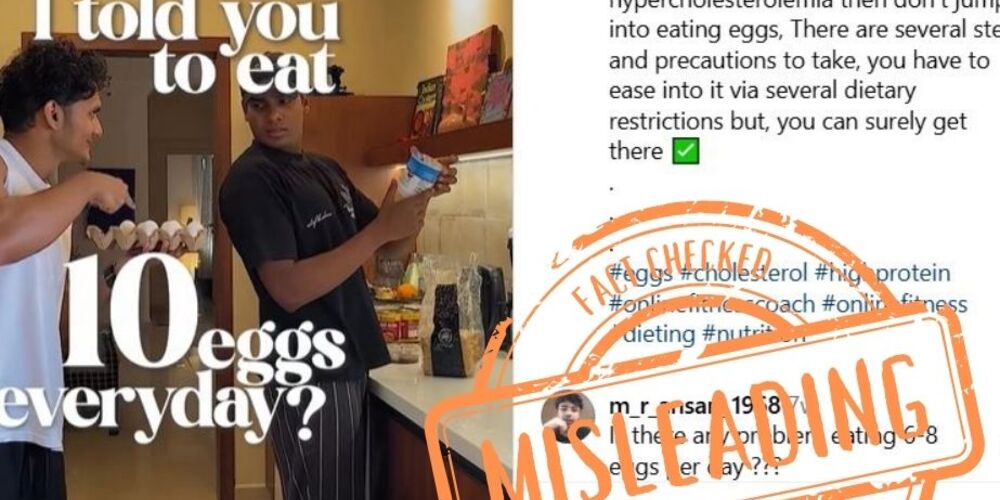Fighting Shadows: A Journey of Strength, Struggles and Survival
I watched my doctor, wondering how he was going to break the news to me – news that would change my life and shake the world of those I loved. And then he said it: “It’s cancer. Thyroid cancer.”
Author
Author
- admin / 11 months

- 0
- 4 min read

Author
It was a balmy August afternoon when I found myself in a plush New Delhi hospital, waiting for my biopsy report. The sterile white walls and the faint smell of antiseptic evoked a rush of surreal memories – rushed doctors, hushed whispers, intimidating operation theaters, and an endless cycle of blood tests. I had never been seriously ill before, but deep down, I already knew what was coming. My body had whispered it to me before my doctor could.
Dr A, my surgeon, was a silver-haired, round faced man with a hearty laugh that could disarm anyone. But that day, his expression was serious as he studied my report. I watched him, wondering how he was going to break the news to me – news that would change my life and shake the world of those I loved. And then he said it: “It’s cancer. Thyroid cancer.”
All hell broke loose. My family and friends reacted with a mix of shock, grief, and an overwhelming determination to fight this battle with me. Some acted as if I had already received my last rites; others gathered in kitty party groups, whispering dramatic theories. I found myself in the peculiar position of consoling them all. And somewhere amidst the chaos, I realised that I had tapped into an unknown reservoir of strength – one that allowed me to block out the noise and focus on what really mattered: the fight ahead.

Cancer soon became my daily reality. I endured two surgeries, followed by therapy. The physical battle was exhausting, but the real war was mental. My mind spiraled into dark corners, dragging me through mood swings, forgetfulness, irritation, weight gain, and relentless fatigue. I was drowning in a sea of despair, convinced that my career – once soaring – was now a lost cause. My future felt like a hazy, unreachable dream.
Friends insisted I see a psychologist, and soon enough, I had a new label to carry: depression. I cried for two days straight after my first session. Despite multiple visits, nothing seemed to change. The weight of two of the most stigmatised words – cancer and depression – hung over me like an oppressive cloud. What would people say? Would I ever be able to reclaim my life?
When nothing else seemed to work, I turned inward. Not to God, but to energy, to mindfulness, to small, deliberate changes. I slowed down. I learned to sit with my thoughts instead of fighting them. I meditated, practiced gratitude, and sought joy in the tiniest of things. The transformation wasn’t sudden, nor was it easy, but it was real. Slowly, life didn’t feel so bleak anymore.
It took time, patience, and the unwavering support of my family to get there. But in hindsight, cancer taught me some of the most valuable life lessons. Cancer doesn’t mean death – it can be beaten. The fight is both physical and mental, and the latter is yours alone to win.
Depression, too, is not the end of the road. The key is acceptance – of your struggles, your fears, and your need for help. Bottled-up emotions manifest into illnesses. Let them out. Talk. Cry. Yell if you need to. Healing begins when you stop pretending you’re okay.
One of the most profound revelations? Hard times reveal true friendships. Some people vanished when things got tough; others stayed, becoming my anchors. And that’s okay. Life is a game of energy—what you think, you attract. So, I chose to rise above negativity, to walk away from what no longer served me, and to surround myself with light.
Today, I’m back. Cancer ended up making me stronger. I landed an incredible job, regained my confidence, and found a renewed sense of purpose. If trauma carves out our deepest strengths, then cancer gifted me resilience. I survived. And I came back with a bang.
Kritika Kamthan is the Campaign and Communication Lead at DataLEADS.
Also read: FACT CHECK – Ivermectin for cancer: A promising drug or premature hype?









